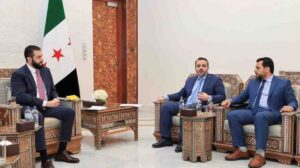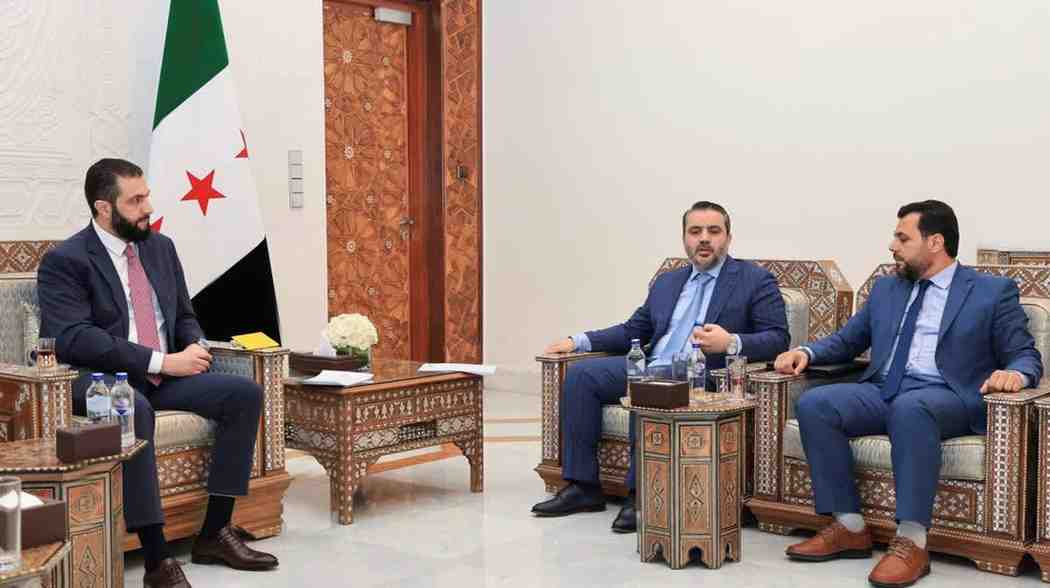
Syria to Hold First Post-Assad Parliamentary Elections in September Amid Sectarian Tensions
Syria will hold parliamentary elections in September, the head of a body tasked with organizing the election process told state media Sunday. Mohammed Taha al-Ahmad, chairman of the Higher Committee for People’s Assembly Elections, told state news agency SANA that elections will take place between Sept. 15 and 20. They will be the first to take place under the country’s new authorities after the fall of former President Bashar Assad in a lightning rebel offensive in December. One third of the 210 seats will the appointed by interim President Ahmad al-Sharaa, with the rest to be elected. In a recent…
Global News
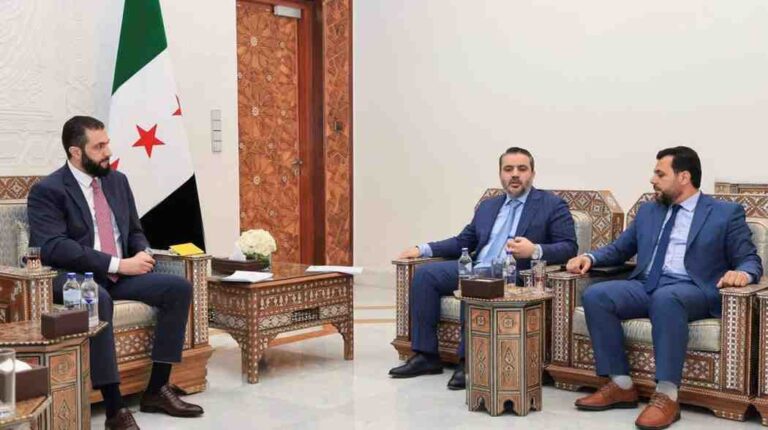
Syria to Hold First Post-Assad Parliamentary Elections in September Amid Sectarian Tensions
Syria will hold parliamentary elections in September, the head of a body tasked with organizing the election process told state…
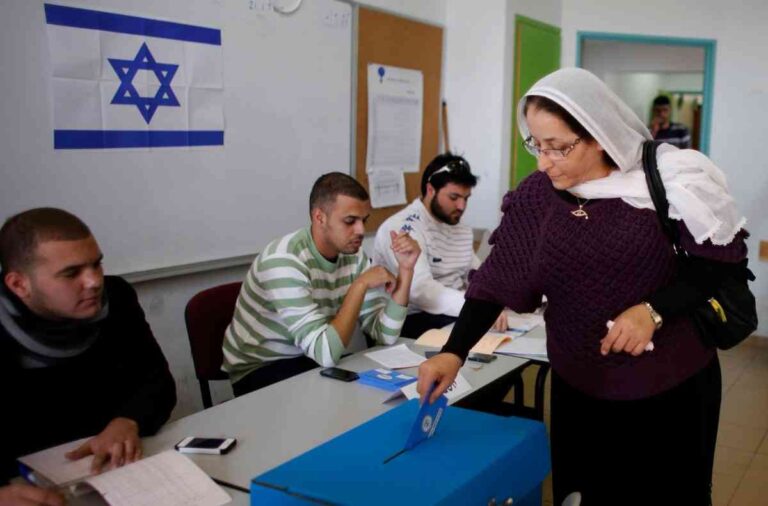
Israeli Defense Forces (IDF) Mandates Arabic and Islamic Studies for Intelligence Wing to Address October 2023 Failures
In the wake of the devastating intelligence failures surrounding the Hamas attack on October 7, 2023, which resulted in 1,200…
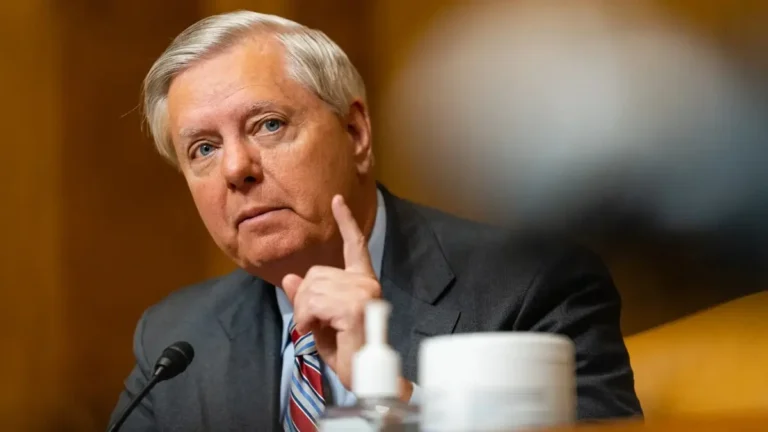
U.S. Senator Lindsey Graham Threatens 100–500% Tariffs on India, China for Russian Oil Imports
In a provocative move that has sent shockwaves through global diplomatic and economic circles, U.S. Senator Lindsey Graham, a senior…

Prince Alwaleed bin Khaled, Saudi Arabia’s “Sleeping Prince,” Passes Away After Nearly 20 Years in Coma
Prince Khaled bin Talal has confirmed the passing of his son, Prince Alwaleed bin Khaled bin Talal, after nearly two…

Trump Claims Five Planes Downed in India-Pakistan Conflict, Congress Demands Modi’s Response
Washington/New Delhi: On Friday, July 18, 2025, US President Donald Trump made a startling claim during a dinner with Republican…

Google Launches Free Gemini AI Pro Plan for Indian Students Worth ₹19,500
Empowering Young Minds with AI: Students Get Access to Gemini 2.5 Pro, Veo, NotebookLM, and More In a major step…
Important For You
Fruits

American Apple Medley: Navigating the Rich Tapestry of Supermarket Staples and Exclusive ‘Club’ Varieties
Diverse in sweetness, peel color, discovery date, ripening season, origin, and culinary applications, apples offer a multitude of options for…

Pomegranate Power: Discover the Ancient Superfruit’s Health Benefits, Winter Wonders, and Surprising Side Effects!
The pomegranate, scientifically known as Punica granatum, is a captivating and ancient fruit that has delighted palates and held symbolic…

“Winter’s Bounty: A Nutritional Guide to Top-Notch Fruits for Cold-Weather Wellness”
Winter brings a delightful array of fruits that not only tantalize your taste buds but also contribute to your overall…

“America’s Sweet Secret Banana Bonanza: The Magical Fruit with Health Benefits, Delicious Recipes, and Hidden Surprises!”
Bananas, often referred to as the “yellow wonder,” are one of the world’s most beloved and recognizable fruits. These vibrant,…

Wild Berry From Forest to Feast: Epic Recipes You Won’t Believe Exist!
Wild berry is nature’s hidden gem, scattered across forests, meadows, and untamed landscapes, waiting to be discovered by the curious…

Apple Recipes, Surprising Uses, and Potential Side Effects Unveiled!
The apple, scientifically known as Malus domestica, is one of the most beloved and widely consumed fruits in the world….


